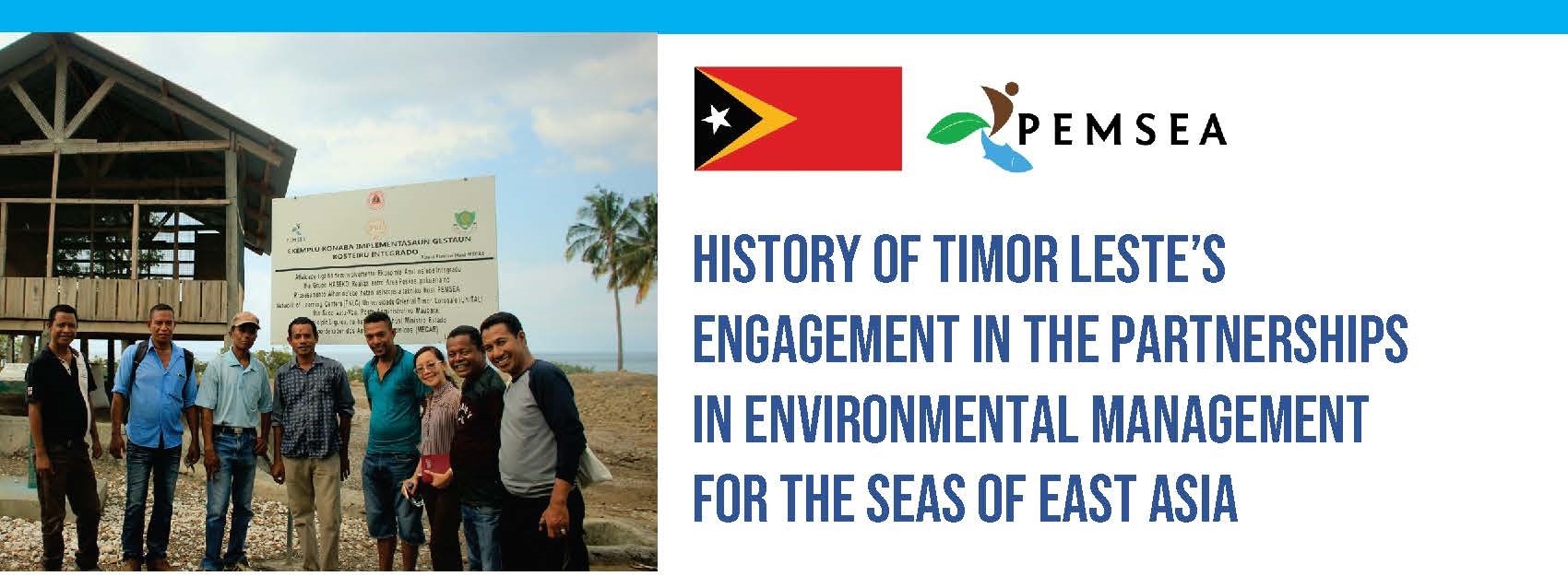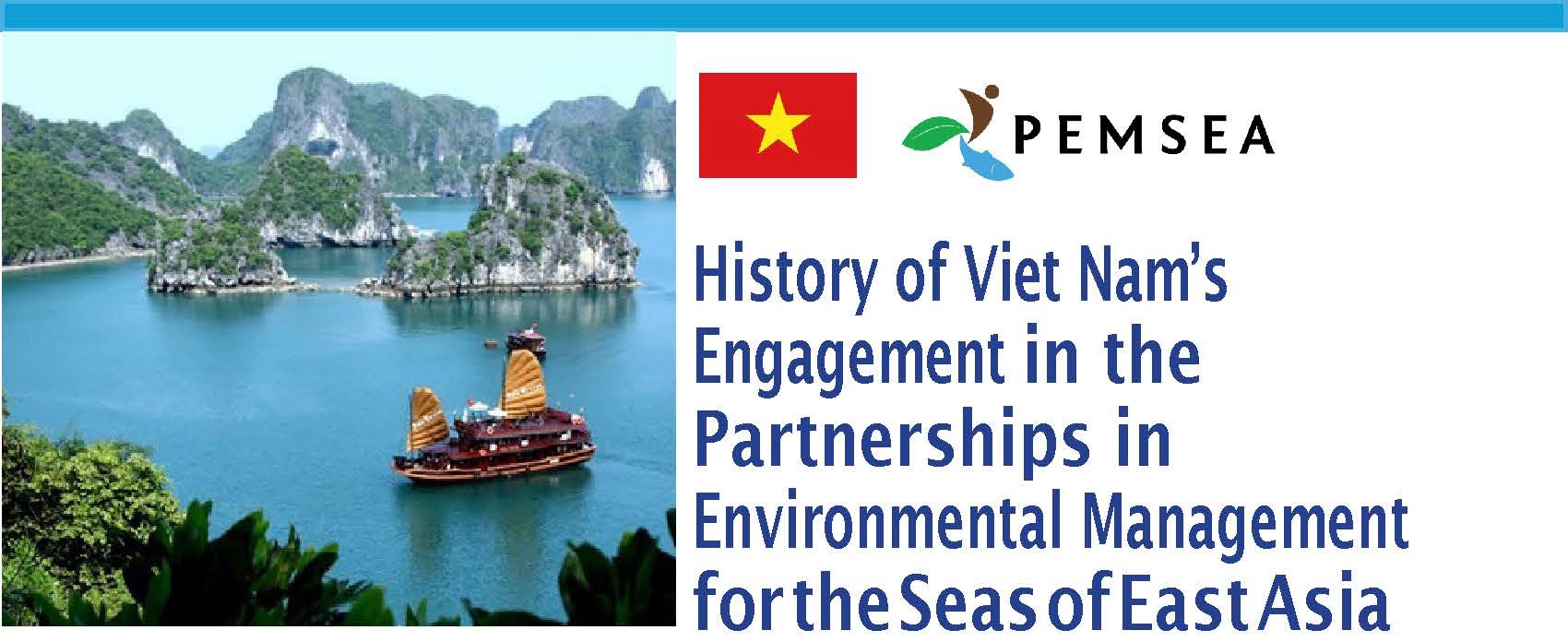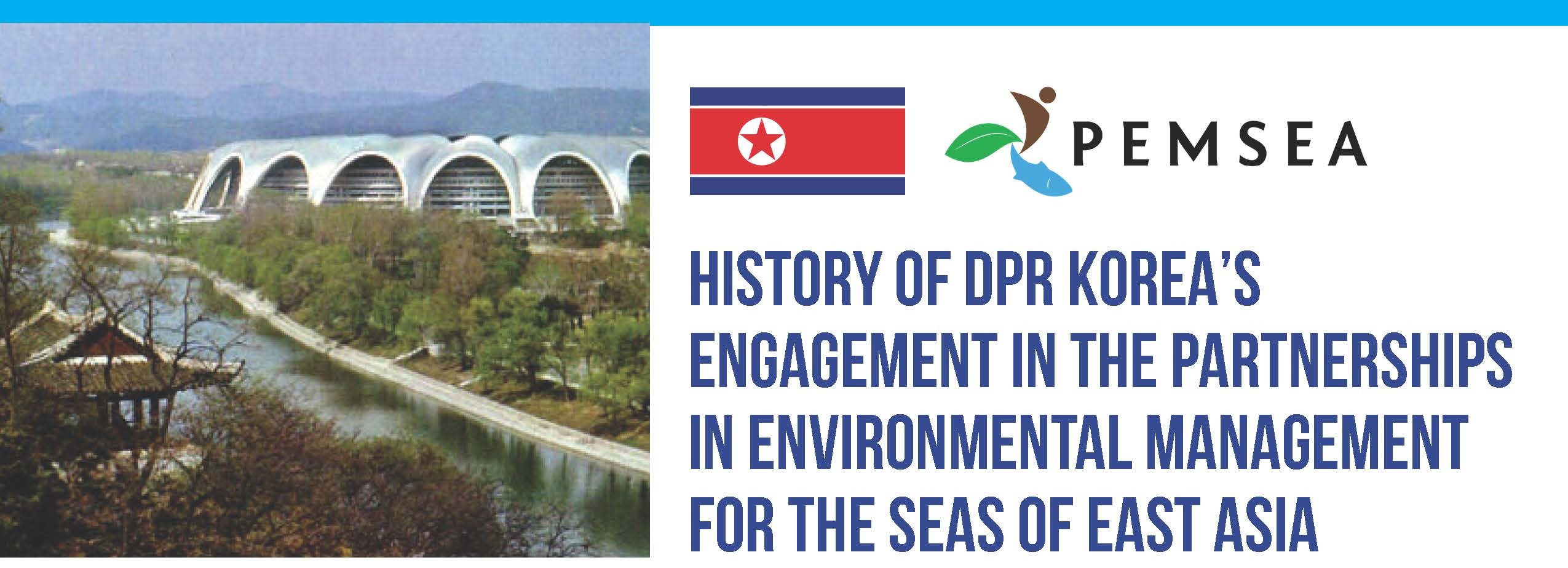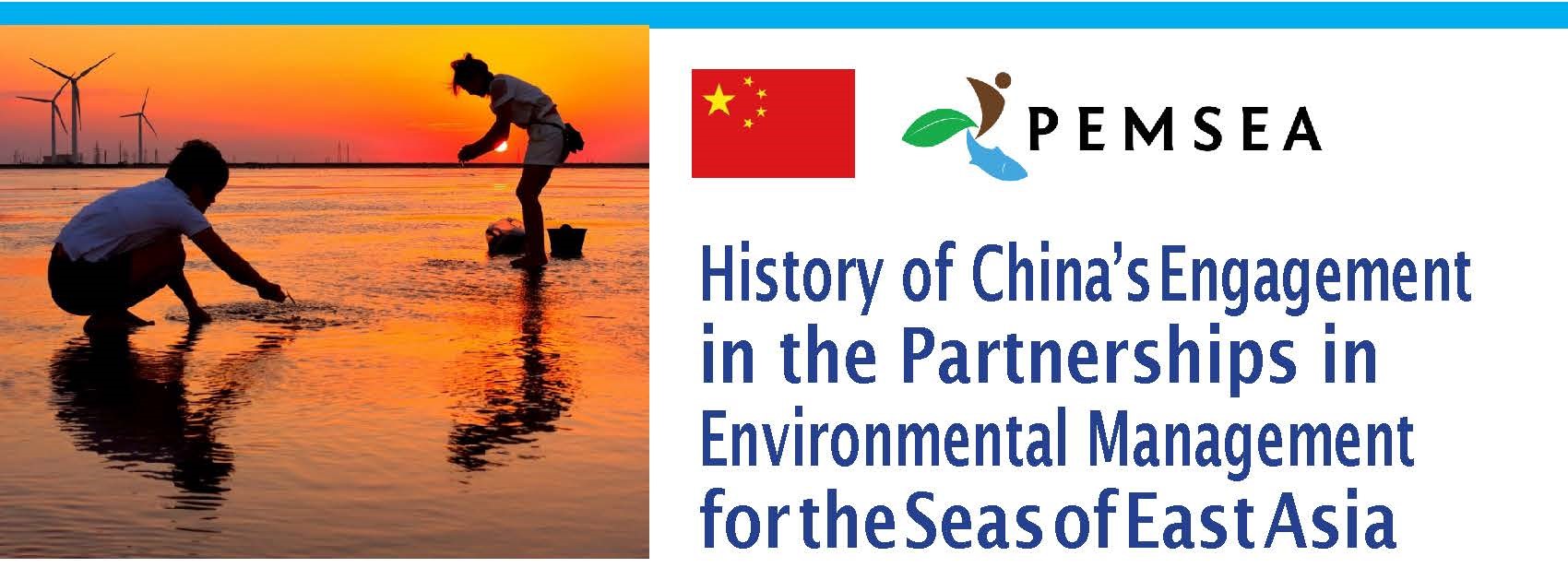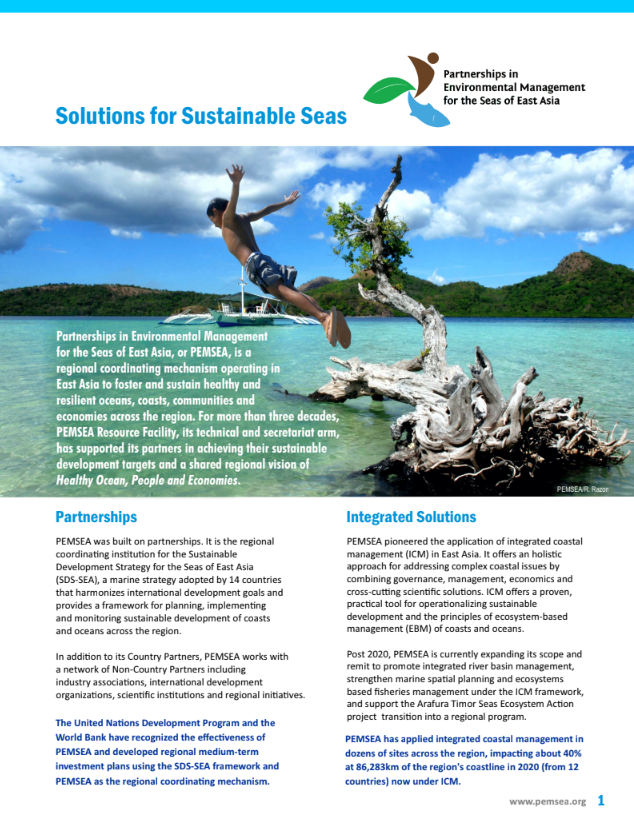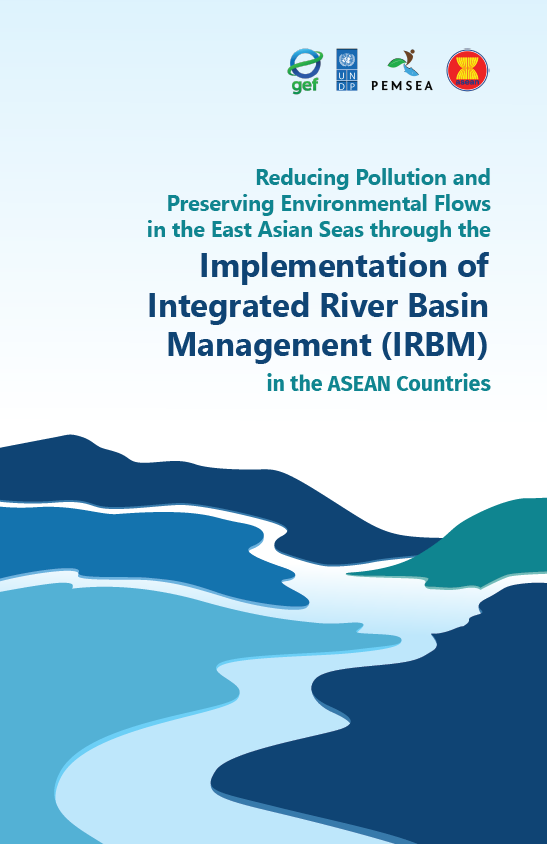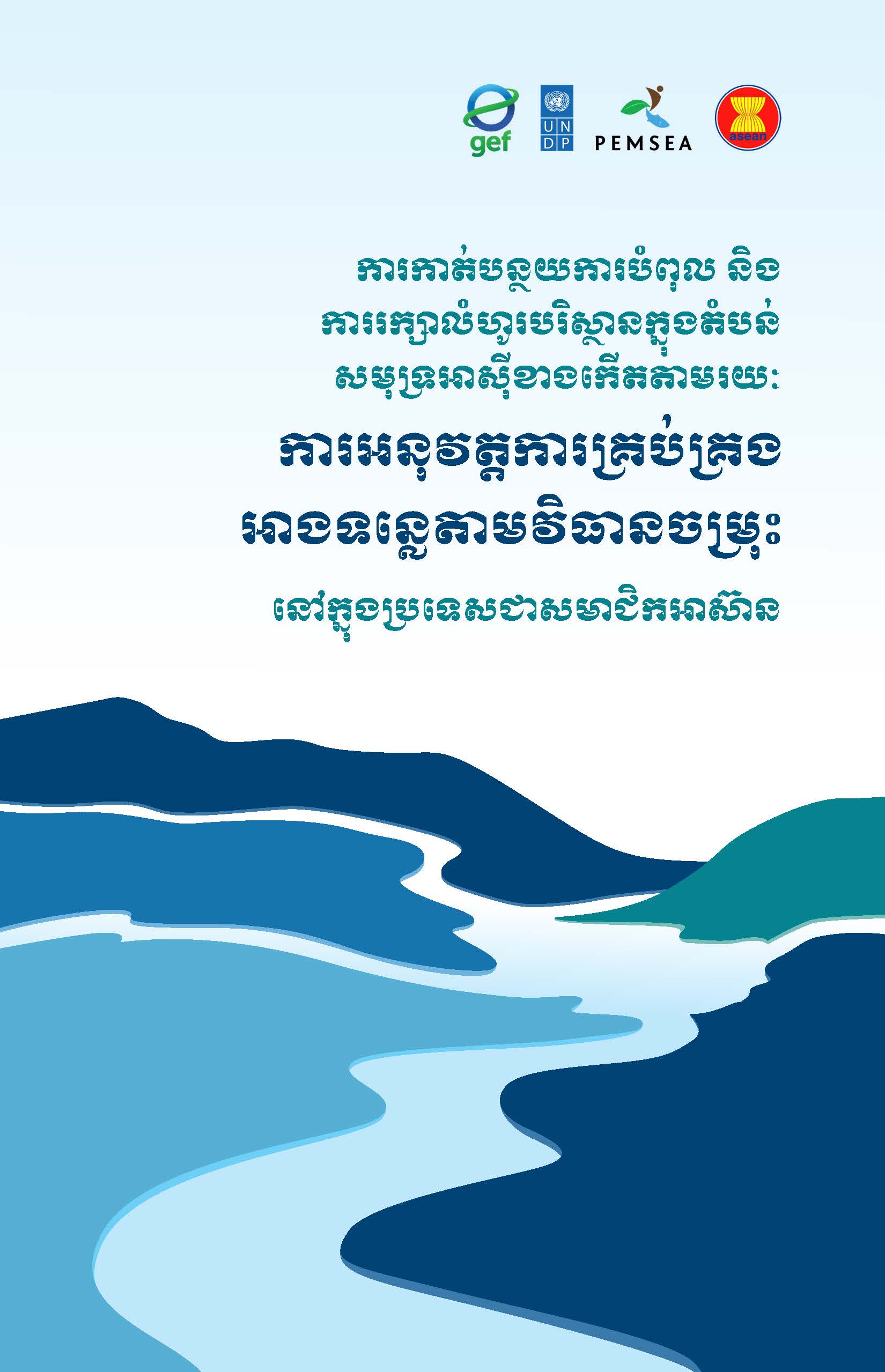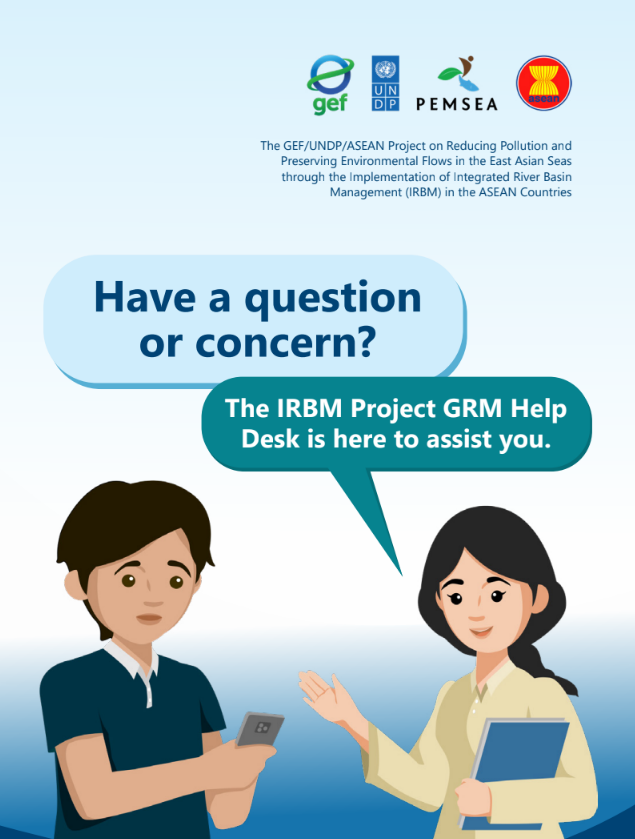
Breadcrumb
-
History of Timor Leste's engagement in PEMSEA
Since joining PEMSEA in 2006 through the signing of the Haikou Partnership Agreement, Timor-Leste has made remarkable progress in advancing sustainable coastal and ocean governance under the Sustainable Development Strategy for the Seas of East Asia (SDS-SEA). Over the years, the country has implemented Integrated Coastal Management (ICM) programs in key municipalities, developed national ocean and coastal policies, and strengthened inter-agency collaboration for marine protection and livelihood enhancement. Through its participation in regional initiatives such as ATSEA and the Marine Plastics ODA Project, Timor-Leste continues to demonstrate strong commitment to ecosystem-based management, blue economy development, and regional cooperation for healthy and resilient seas.
-
History of Viet Nam's engagement in PEMSEA
Since 1993, Viet Nam has been an active partner in advancing sustainable coastal and ocean governance in the East Asian Seas through PEMSEA. From pioneering Integrated Coastal Management (ICM) in Da Nang to establishing the Viet Nam Administration of Seas and Islands (VASI), the country has institutionalized ICM in national policy and legislation while fostering regional cooperation through leadership roles in PEMSEA bodies and ministerial forums. Viet Nam’s consistent participation in key initiatives and adoption of major regional declarations underscore its strong commitment to blue economy development, marine ecosystem protection, and the long-term implementation of the Sustainable Development Strategy for the Seas of East Asia (SDS-SEA).
-
History of DPR Korea's Engagement in PEMSEA
Since joining the regional GEF/UNDP/IMO Marine Pollution Prevention in the East Asian Seas (MPP-EAS) project, the DPR Korea has actively advanced Integrated Coastal Management (ICM) through the establishment of the Nampho demonstration site and the National ICM Training Center at Kim Il Sung University. The country has consistently participated in key regional forums, including the East Asian Seas Congresses and Ministerial Forums, adopting major regional declarations and frameworks such as the SDS-SEA and Manila Declaration. Its engagement reflects a sustained commitment to regional cooperation, marine pollution prevention, and sustainable coastal development under PEMSEA.
-
History of China's Engagement in PEMSEA
Since 1993, China has played a leading role in advancing regional ocean governance and Integrated Coastal Management (ICM) through PEMSEA. From pioneering the first ICM demonstration site in Xiamen to hosting key regional forums and declarations, China has continuously championed sustainable coastal development and blue economy initiatives. Its long-standing commitment under the Sustainable Development Strategy for the Seas of East Asia (SDS-SEA) reflects its vision for a healthy, resilient, and sustainably managed ocean region.
-
PEMSEA Brochure 2025
This PEMSEA e-brochure provides a quick introduction to the partnerships, its role, its networks and the services it offers. For more detailed information, please go to the homepage and browse the various sections of the website.
-
Integrated River Basin Management Project Brochure (English version)
The Integrated River Basin Management (IRBM) Project is a critical initiative safeguarding and improving vital river basins across six ASEAN Member States. Guided by the Source-to-Sea principle, this five-year regional project, officially titled "Reducing Pollution and Preserving Environmental Flows in the East Asian Seas through the Implementation of Integrated River Basin Management (IRBM) in ASEAN Countries", aims to establish functional IRBM mechanisms in priority river basins in Cambodia, Indonesia, Lao PDR, Malaysia, the Philippines, and Vietnam.
The project seeks to reduce pollution and sustain freshwater environmental flows while adapting to climate change vulnerabilities. By collaborating to strengthen river governance and management, the IRBM Project is laying the foundation for flourishing communities, resilient ecosystems, and sustainable economies.
The IRBM Project is supported by the Global Environment Facility (GEF), implemented by the United Nations Development Programme (UNDP), and executed by Partnerships in Environmental Management for the Seas of Asia (PEMSEA) Resource Facility, in collaboration with ASEAN.
-
Integrated River Basin Management Project Brochure (Lao version)
The Integrated River Basin Management (IRBM) Project is a critical initiative safeguarding and improving vital river basins across six ASEAN Member States. Guided by the Source-to-Sea principle, this five-year regional project, officially titled "Reducing Pollution and Preserving Environmental Flows in the East Asian Seas through the Implementation of Integrated River Basin Management (IRBM) in ASEAN Countries", aims to establish functional IRBM mechanisms in priority river basins in Cambodia, Indonesia, Lao PDR, Malaysia, the Philippines, and Vietnam.
The project seeks to reduce pollution and sustain freshwater environmental flows while adapting to climate change vulnerabilities. By collaborating to strengthen river governance and management, the IRBM Project is laying the foundation for flourishing communities, resilient ecosystems, and sustainable economies.
The IRBM Project is supported by the Global Environment Facility (GEF), implemented by the United Nations Development Programme (UNDP), and executed by Partnerships in Environmental Management for the Seas of Asia (PEMSEA) Resource Facility, in collaboration with ASEAN.
-
Integrated River Basin Management Project Brochure (Khmer version)
The Integrated River Basin Management (IRBM) Project is a critical initiative safeguarding and improving vital river basins across six ASEAN Member States. Guided by the Source-to-Sea principle, this five-year regional project, officially titled "Reducing Pollution and Preserving Environmental Flows in the East Asian Seas through the Implementation of Integrated River Basin Management (IRBM) in ASEAN Countries", aims to establish functional IRBM mechanisms in priority river basins in Cambodia, Indonesia, Lao PDR, Malaysia, the Philippines, and Vietnam.
The project seeks to reduce pollution and sustain freshwater environmental flows while adapting to climate change vulnerabilities. By collaborating to strengthen river governance and management, the IRBM Project is laying the foundation for flourishing communities, resilient ecosystems, and sustainable economies.
The IRBM Project is supported by the Global Environment Facility (GEF), implemented by the United Nations Development Programme (UNDP), and executed by Partnerships in Environmental Management for the Seas of Asia (PEMSEA) Resource Facility, in collaboration with ASEAN.
-
Integrated River Basin Management Project GRM Brochure (English version)
The Integrated River Basin Management (IRBM) Project Grievance Redress Mechanism (GRM) is a formal process established to address project-related concerns in a fair, transparent, and timely manner. The GRM ensures that individuals and communities affected by the IRBM Project have a voice and that their concerns are addressed openly and efficiently. It also guarantees that project activities adhere to social and environmental safeguards. Individuals, groups, or communities who believe they are or will be negatively affected by the IRBM Project are encouraged to submit their concerns or complaints. All submissions will be handled with strict confidentiality.
